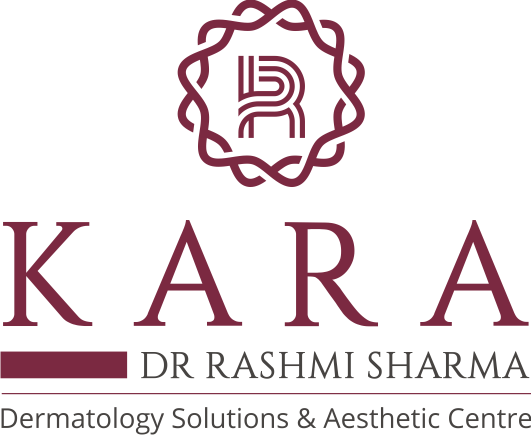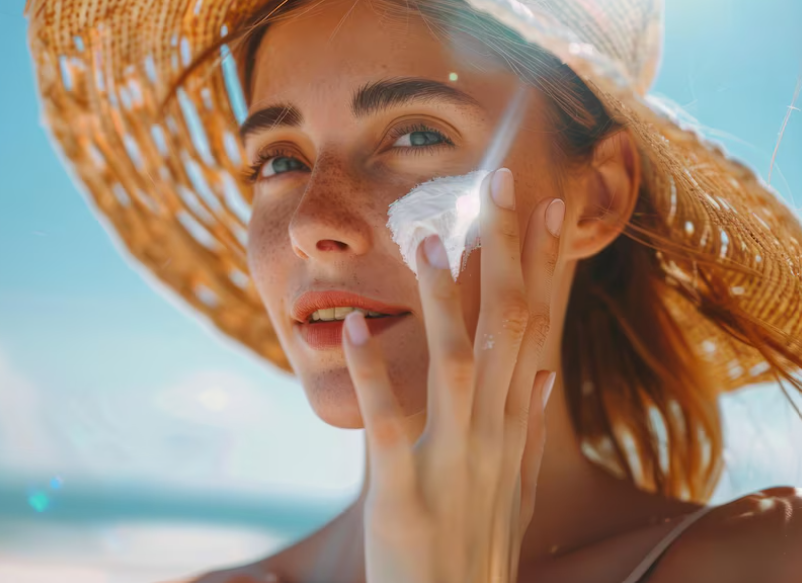Sunshine brings warmth, happiness, and a healthy dose of Vitamin D. However, the same sun that brightens our days can also pose risks to our skin health. Understanding the importance of sun protection is essential for maintaining healthy and radiant skin. In this comprehensive guide, we’ll explore the best practices recommended by dermatologists to shield your skin from the harmful effects of UV radiation.
Why Sun Protection Matters?
Before delving into the specifics of sun protection, let’s understand why it’s crucial to shield our skin from the sun’s rays. Ultraviolet (UV) radiation from the sun is a known carcinogen, meaning it can cause cancer. Prolonged exposure to UV rays not only increases the risk of skin cancer but also accelerates skin aging, leading to wrinkles, dark spots, and other signs of premature aging.
Understanding UV Radiation
UV radiation is divided into three main types: UVA, UVB, and UVC.
- UVA: Penetrates deep into the skin, causing long-term damage such as wrinkles and age spots.
- UVB: Responsible for sunburn and plays a key role in the development of skin cancer.
- UVC: Mostly absorbed by the Earth’s atmosphere and doesn’t reach the surface.
Both UVA and UVB radiation can have detrimental effects on the skin, making it essential to protect against both types.
Essential Sun Protection Tips
Apply Sunscreen Daily: Dermatologists unanimously agree that sunscreen is a non-negotiable step in any skincare routine. Opt for a broad-spectrum sunscreen with SPF 30 or higher to shield against both UVA and UVB rays. Remember to reapply every two hours, especially if you’re spending time outdoors or swimming.
Seek Shade: When the sun’s rays are strongest, typically between 10 a.m. and 4 p.m., seek shade whenever possible. This reduces your overall UV exposure and lowers the risk of sunburn and skin damage.
Wear Protective Clothing: Cover up with clothing, hats, and sunglasses to provide additional protection against UV radiation. Look for clothing with built-in UPF (Ultraviolet Protection Factor) for added defense.
Avoid Tanning Beds: Artificial UV radiation from tanning beds can be just as harmful as natural sunlight. Avoid tanning beds altogether to reduce the risk of skin cancer and premature aging.
Check the UV Index: Stay informed about the UV index in your area. Higher UV index values indicate increased UV radiation levels, prompting the need for extra sun protection measures.
Protect Children’s Skin: Children’s skin is more sensitive to UV radiation, making sun protection especially crucial for them. Apply sunscreen generously, dress them in protective clothing, and encourage them to seek shade during peak sun hours.
Regular Skin Checks: Perform regular self-examinations of your skin to monitor for any changes or unusual growths. Consult a dermatologist if you notice any suspicious moles or lesions, as early detection is key in treating skin cancer effectively.
Consult a Dermatologist for Personalized Care
While these sun protection tips serve as general guidelines, it’s essential to consult a dermatologist for personalized recommendations tailored to your skin type and individual needs. Dr. Rashmi Sharma is a trusted dermatologist in Delhi known for her expertise in skin health and sun protection strategies. Whether you have specific skin concerns or simply want to optimize your sun protection routine, Dr. Rashmi can provide valuable insights and guidance.
For further consultation with Dr. Rashmi Sharma, contact +91-9355217483 or +91-9958603164, or visit www.drrashmisharma.in. Take proactive steps to safeguard your skin against sun damage and enjoy healthy, radiant skin for years to come.

